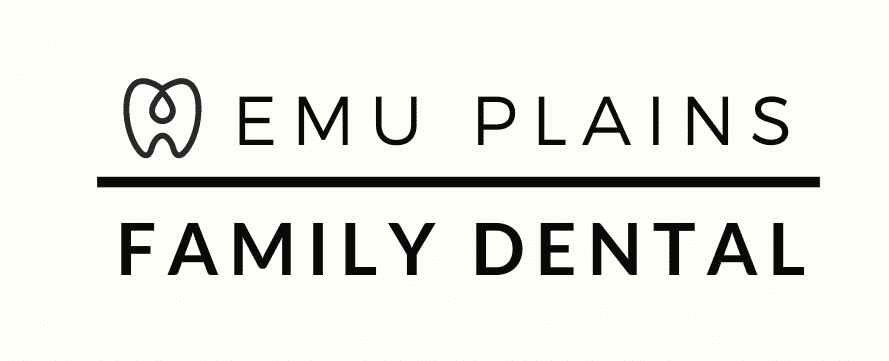Sleep Dentistry
Sleep Dentistry For Anxious Patients.
Do you get anxiety about going to the dentist? Had a bad experience in the past? Avoiding treatment that you know you need?
Anxious Patients/Sleep Dentistry
Do you get anxiety about going to the dentist? Had a bad experience in the past? Avoiding treatment that you know you need?
We completely understand. Going to the dentist can be a daunting and an uncomfortable experience. Whether it is the thought of the needle, the noise of the drill or even being laid all the way back in the chair.
At Emu Plains Family Dental, we have taken extra steps to provide you with the best quality care in a gentle and caring manner.

Anxious Patients
The number one cause of anxiety in the dental chair is the feeling of a lack of control. At Emu Plains Family Dental we want you to know that you are always in control. Our caring patient centred approach puts YOU in the driver’s seat.
We Treat Anxious Patients with Care
Nitrous Oxide
Nitrous oxide, commonly known as “laughing gas” is one of the sedation options we offer. It is suitable for adults and children, and safely manages anxiety during treatment. It has a fast onset and offset, meaning you can come to your appointment alone and can safely drive home afterwards.
Intravenous Sedation Dentistry
IV sedation, commonly known as “sleep dentistry” or “twilight sedation” is another sedation option we offer. With the help of a specialist anaesthetist, you will go to sleep while we complete all your treatment in one session and you won’t remember a thing!
Frequently Asked Questions
Sleep dentistry is a viable alternative for anxious patients – it may include happy gas, oral sedation or IV sedation
Which sedation option is best for me?
Is Sleep Dentistry safe?
Is Invisalign treatment painful?
What are the main benefits of sleep dentistry?
Please note:
Any surgical or invasive procedure carries risks. Before proceeding, you should seek a second opinion from an appropriately qualified health practitioner.
Any information that is provided is not a substitute for professional dental advice. Any advice offered or information provided is to be considered general in nature and not reliable until a full physical professional examination has been undertaken by an appropriately qualified health practitioner. Until such time you should not undertake treatment without a second opinion or without seeking further advice from an appropriately qualified health practitioner.
